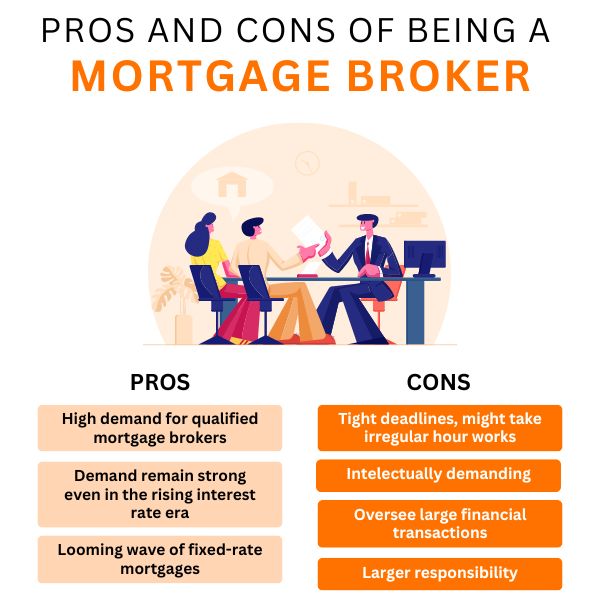Jumbo Loan: The Most Effective Financing Choice for High-Priced Residences
Jumbo Loan: The Most Effective Financing Choice for High-Priced Residences
Blog Article
Understanding What a Jumbo Car Loan Entails and How It Differs From Standard Loans
Browsing the details of big finances exposes a financing choice tailored for those venturing into high-value property, typically going beyond the restrictions set by the Federal Housing Money Company. In comparison, conventional lendings are often extra obtainable, taking advantage of backing by entities such as Fannie Mae and Freddie Mac. The significant danger related to big finances requires more rigorous certification requirements, consisting of higher credit rating and substantial deposits. As these 2 finance types satisfy differing economic landscapes, comprehending their nuances is critical for making notified choices in the intricate world of actual estate financing. Just how do you identify which course finest matches your monetary approach?
Definition of Jumbo Fundings
Jumbo financings are a type of mortgage that surpass the adjusting loan limitations set by the Federal Housing Financing Firm (FHFA) These loans accommodate borrowers who need to finance homes that are a lot more pricey than what standard financing restrictions permit. The FHFA develops annual adhering funding restrictions, and any type of loan going beyond these thresholds is classified as a big loan.
Usually, jumbo lendings are utilized in high-cost realty markets where home costs considerably exceed nationwide averages, such as in urban areas or deluxe housing sectors. As these financings are not qualified for purchase by Fannie Mae or Freddie Mac, they lug intrinsic risks for lending institutions because of their larger dimension and non-conformity (jumbo loan). Consequently, lending institutions commonly impose extra rigid qualification standards for jumbo loans than typical adhering loans.
Borrowers seeking big lendings have to typically show a solid financial profile, consisting of a greater credit rating, robust earnings confirmation, and substantial deposit, usually 20% or more. Furthermore, lending institutions might require a lot more considerable documentation to evaluate the debtor's capacity to take care of larger monthly repayments. Comprehending the details attributes of jumbo car loans is vital for possible borrowers navigating this segment of the mortgage market.
Traditional Finances Review
While jumbo lendings cater to high-value residential property funding, standard financings stand for the even more typical home loan choice in the real estate market. These financings are not guaranteed or assured by any kind of government entity, such as the Federal Real Estate Management (FHA) or the Division of Veterans Affairs (VA) Instead, they are backed by private lenders and comply with standards established by government-sponsored ventures (GSEs) like Fannie Mae and Freddie Mac.
Traditional finances are normally used with taken care of or adjustable interest prices and differ in terms of duration, generally covering 15 to thirty years. Borrowers often prefer conventional financings for their foreseeable regular monthly payments, which can promote long-lasting financial preparation. Furthermore, they are available for key houses, second homes, and investment buildings, providing flexibility to satisfy varied borrower requirements.

Trick Differences Between Financings
At the forefront of this decision-making process are conventional car loans and jumbo lendings, each possessing distinct characteristics and serving various consumer requirements. Jumbo fundings exceed the conforming car loan limitations established by the Federal Housing Finance Agency (FHFA), which vary by area.

Additionally, the down payment needs can differ substantially. Big lendings usually call for bigger deposits, often surpassing 20%, to mitigate threat. Traditional loans, conversely, might enable lower down settlements, with some programs approving as little as 3% for qualified customers.
Qualification Requirements
Safeguarding a jumbo lending entails meeting more strict certification requirements contrasted to standard car loans, showing the raised danger to lending institutions. These fundings, which surpass the adhering finance restrictions established by the Federal Real Estate Money Agency (FHFA), are not eligible for acquisition by Freddie Mac or Fannie Mae, thereby subjecting lending institutions to greater economic risk - jumbo loan. As a result, consumers need to show a high credit reliability and economic security
A durable credit history, commonly 700 or greater, is essential for approval. Lenders additionally anticipate a lower debt-to-income (DTI) ratio, often not going beyond 43%, ensuring that customers can manage significant month-to-month payments together with other economic obligations. Furthermore, a significant cash get is normally needed, generally totaling up to six months of home loan settlements, to from this source comfort lending institutions of the consumer's monetary resilience.
Down settlement expectations are also raised, regularly starting at 20% or even more of the building's worth. While this is a safeguard for lending institutions, it demands considerable in advance funding from borrowers. In addition, evidence of consistent, enough income is crucial, normally verified via income tax return, W-2s, and current pay stubs. Independent people might need to Visit This Link supply additional documents, such as revenue and loss statements, to substantiate their income security.
Selecting the Right Funding
When selecting the most ideal financing option,Navigating the complexity of big car loans calls for careful factor to consider. With the broader series of choices offered to those seeking jumbo financings, the decision-making process must entail a detailed analysis of one's financial profile and lasting goals. Unlike traditional car loans, jumbo financings frequently include stricter demands and varied rate of interest, which require thorough study and a clear understanding of one's monetary standing.
When choosing between different jumbo lending offerings, it is crucial to evaluate the car loan terms, including rates of interest, settlement timetables, and connected fees. Customers should contrast the rates supplied by various lending institutions to guarantee they protect the most favorable terms. Additionally, understanding the implications of taken care of versus adjustable-rate mortgages (ARMs) is critical, as each choice provides distinctive benefits and dangers depending on market problems and individual monetary methods.
Engaging with a monetary advisor or home mortgage broker can offer valuable understandings tailored to specific circumstances. These specialists can assist in navigating the nuances of big fundings, making certain that borrowers are well-informed and furnished to pick a funding that lines up with their monetary purposes, ultimately assisting in a smoother home-buying procedure.
Final Thought
In recap, big car loans offer as an economic instrument for acquiring high-value residential or commercial properties, requiring stringent qualification demands and higher rate of interest due to the raised danger for loan providers. Unlike traditional finances, which comply with FHFA limits and might get support from Fannie Mae or Freddie Mac, jumbo finances Recommended Reading require a minimum credit history of 700 and considerable deposits. Comprehending these distinctions is vital for borrowers in high-cost actual estate markets to identify one of the most suitable funding option for their demands.
The FHFA develops yearly adapting funding restrictions, and any type of finance surpassing these limits is classified as a jumbo loan.
At the leading edge of this decision-making procedure are traditional car loans and big car loans, each possessing distinctive characteristics and serving different debtor demands.Protecting a jumbo finance involves satisfying a lot more stringent credentials needs compared to conventional financings, mirroring the boosted threat to lenders. Unlike conventional lendings, jumbo fundings frequently come with stricter requirements and differed interest prices, which require complete research study and a clear understanding of one's financial standing.
Unlike standard fundings, which conform to FHFA limitations and may obtain backing from Fannie Mae or Freddie Mac, jumbo finances need a minimal credit history rating of 700 and considerable down payments.
Report this page